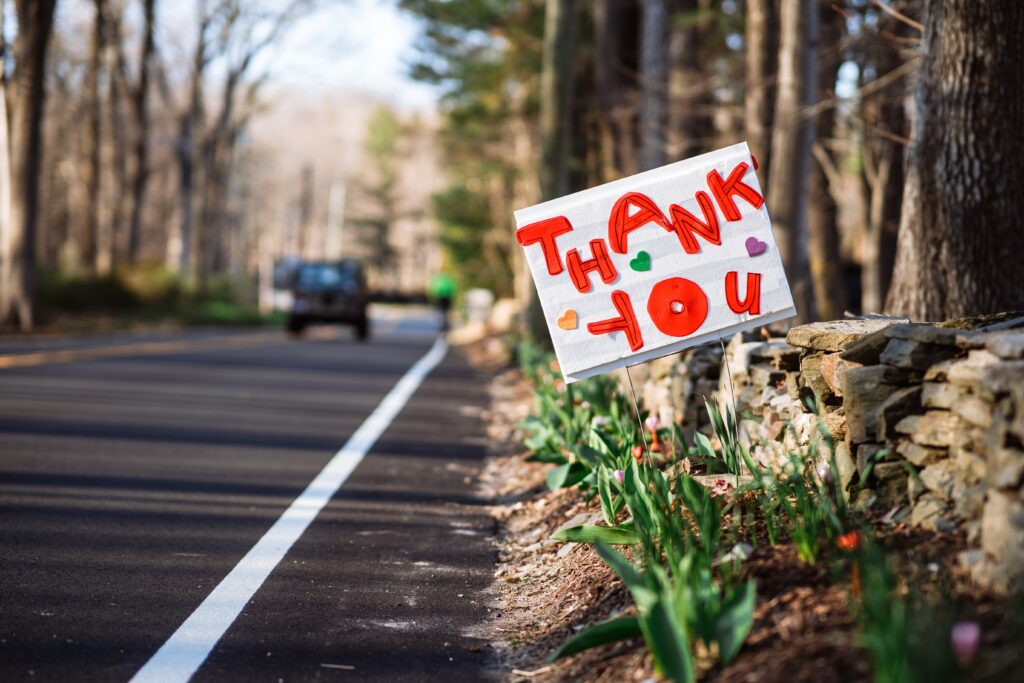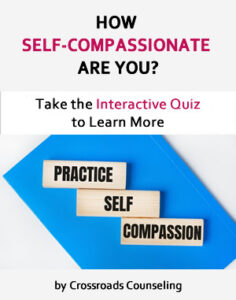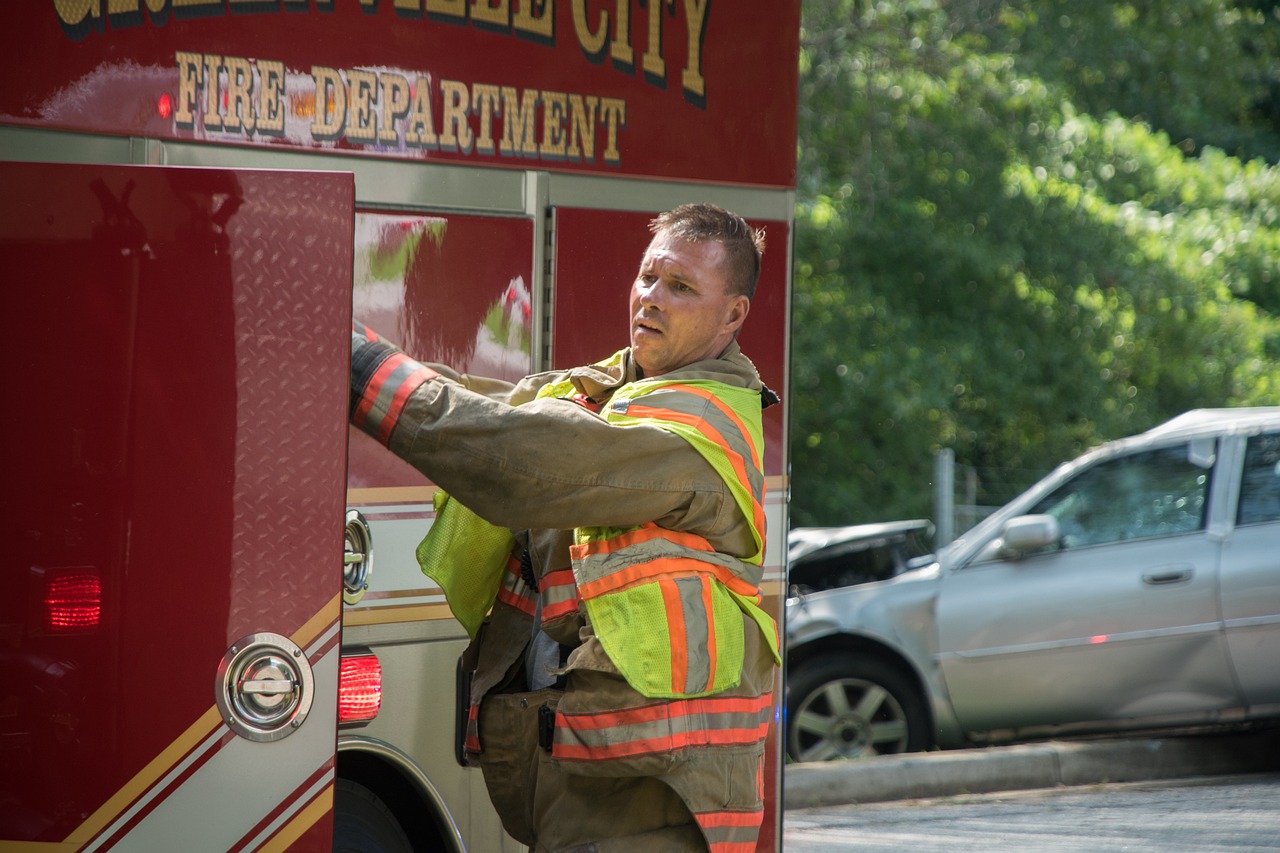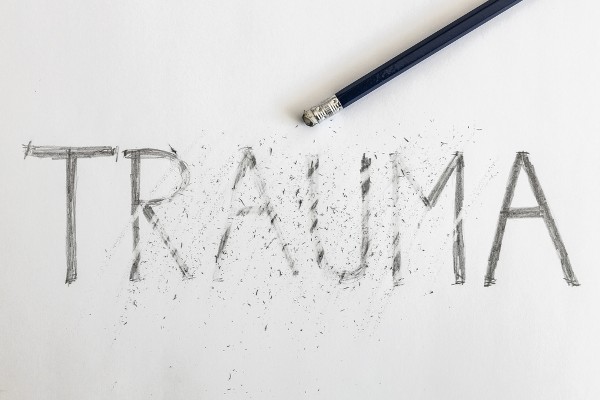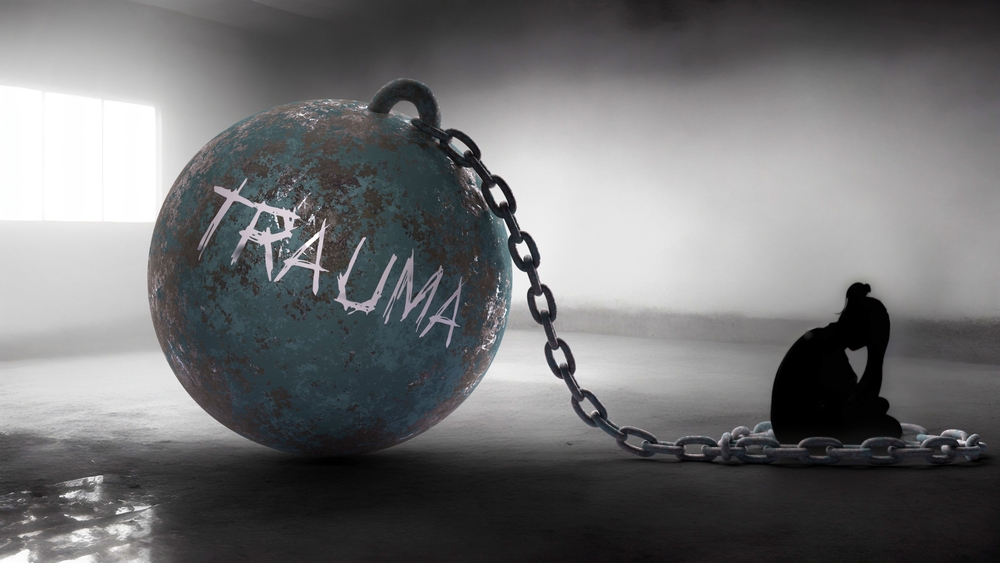May is Mental Health Awareness Month.
Every week during the month of May Crossroads will post a blog focused on helping you and those you love to be mentally, relationally, and emotionally healthy. The fifth and final post for Mental Health Awareness Month is, “Collateral Damage: How First Responders Can Cope With Loss”

If you work as a first responder, you already know how stressful the job can be. It’s demanding and often takes a toll on your physical and mental well-being.
While the rewards can outweigh the challenges, it’s important to remember that you’re not an emotionless robot. Some calls might get to you more than others, and it’s okay to experience human emotions when the situation arises.
Despite your best efforts, there’s always the chance that someone could pass away in your presence. Even if you didn’t know that person, dealing with death—especially right in front of your eyes—is never easy.
Let’s take a look at how first responders can cope with loss, and what you can do if you’re struggling to go through the grieving process.
Part of the Job
You can tell yourself that loss is just “part of the job” as a first responder. While that’s true, it doesn’t make it any easier to deal with.
It’s not uncommon for first responders to compartmentalize things while on the job and even off the clock. They put those experiences of loss into a “space” in the brain where they don’t have to actively think about it or “see” it.
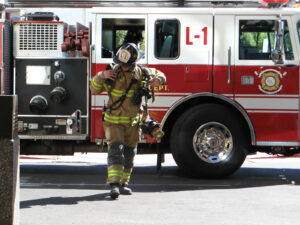
If you’re a first responder and you’re trying to repress the instances of loss you’ve experienced, understand that emotions always demand to be felt. Eventually, you’ll have to face those losses, and it can be much harder to deal with them all at once rather than working through your grief as it comes.
Seek Out Closure
Often, you’ll experience a loss that has nothing to do with your personal life. That doesn’t mean you don’t deserve some type of closure to move through the grieving process. When it’s appropriate, consider reaching out to family members or friends of the person who passed away. Attend their funeral. Make a charitable donation in their name.
Closure is different for everyone, but any of those actions or something more personal can be a great way to end a specific chapter so you can start healing.
Take Care of Yourself
Self-care is essential for everyone, but it’s especially crucial for first responders. Not only will it help you manage your mental health on a daily basis, but it can encourage you to cope with loss in healthy, effective ways.
It’s not uncommon for first responders to work long shifts and odd hours. Striking a healthy work-life balance might be easier said than done, but try to prioritize taking care of yourself during your downtime. Make sure you’re getting enough sleep. Eat a healthy diet. Stay physically active. Make it a priority to connect with your loved ones and socialize to avoid feeling isolated.
It can also help to put more stress-reduction techniques into your daily routine. Try things like mindfulness, meditation, yoga, or even journaling to manage your emotions and bring them to the surface.
Reach Out For Help
If you’re struggling to cope with loss and you can’t seem to deal with it on your own, don’t hesitate to reach out for help. You spend your whole life helping others, but that doesn’t mean you never need it yourself. Feel free to contact a Crossroads therapist to set up an appointment. Loss and grief can take a heavy toll on your life, and you don’t have to let them completely take over.

Begin Grief and Loss Counseling for First Responders in Phoenix, Scottsdale, and Online in Arizona
If you would like to learn how grief counseling can help you please reach out. Our team of therapists would be honored to support you in coping with triggers. We are happy to offer services from our Phoenix, AZ-based practice and across the state with online counseling. You can start your therapy journey by following these simple steps:
- Contact Crossroads Counseling
- Meet with a therapist trained to work with first responders
- Start finding the happiness you deserve
Our offices are located throughout the valley with counseling centers located in Phoenix, Anthem, and Scottsdale. Call us at 623-680-3486,text 623-688-5115, or email info@crossroadsfcc.com. We offer a complimentary 20-minute phone consultation to answer your questions and better understand how we can help you. Contact us to learn more about the variety of mental health servcies that Crossroads Counseling offers.
Thank you!
Our team is thankful for all you do! God bless you and keep you safe as you work to keep our us and our communities safe.
